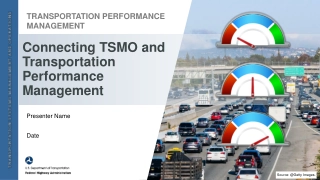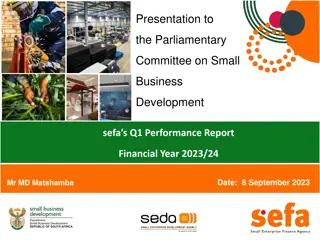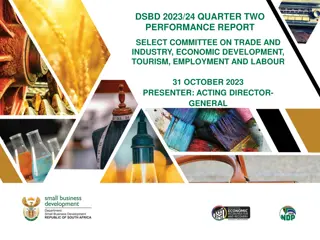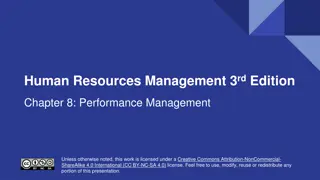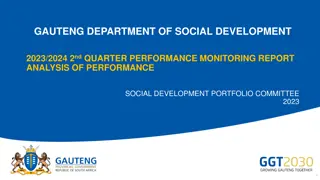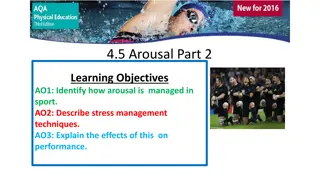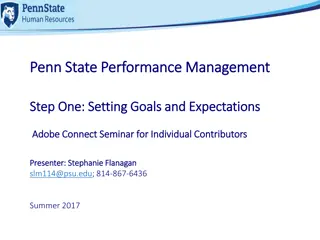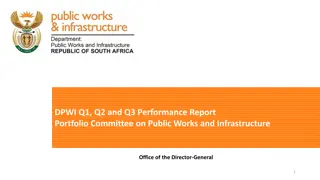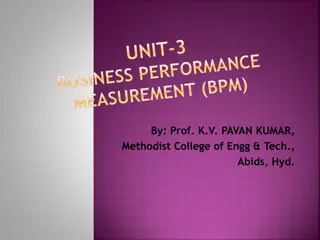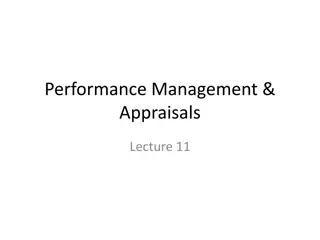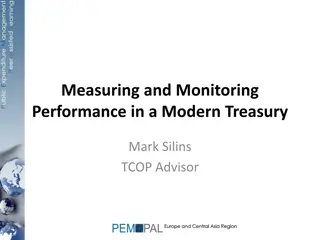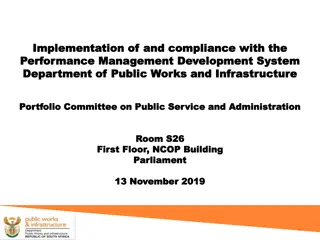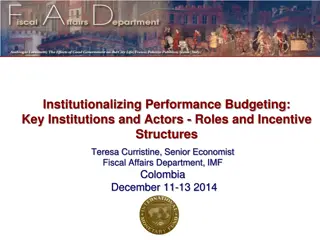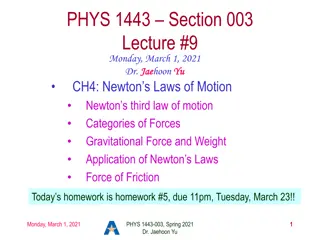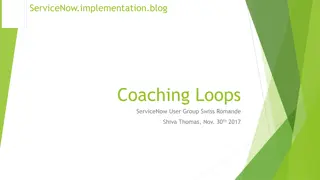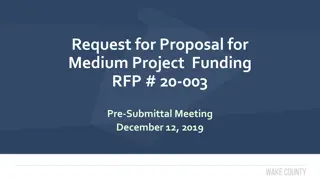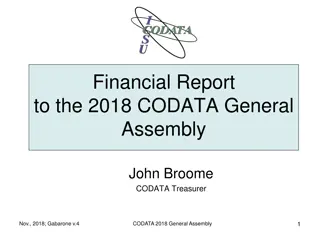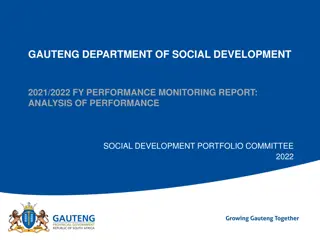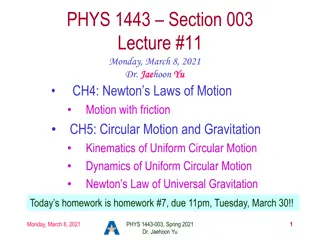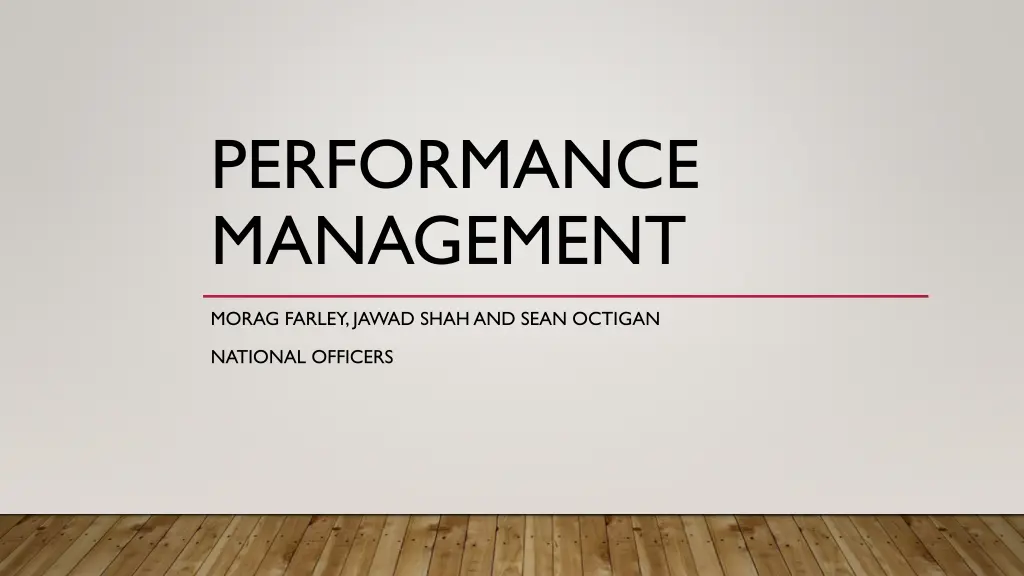
Exploring Psychology in Performance Management Strategies
"Discover the intersection of psychology and performance management through concepts like unconditional positive regard, eco-systemic understanding, and solution-focused approaches. Dive into case studies and practical applications for improving performance."
Download Presentation

Please find below an Image/Link to download the presentation.
The content on the website is provided AS IS for your information and personal use only. It may not be sold, licensed, or shared on other websites without obtaining consent from the author. If you encounter any issues during the download, it is possible that the publisher has removed the file from their server.
You are allowed to download the files provided on this website for personal or commercial use, subject to the condition that they are used lawfully. All files are the property of their respective owners.
The content on the website is provided AS IS for your information and personal use only. It may not be sold, licensed, or shared on other websites without obtaining consent from the author.
E N D
Presentation Transcript
PERFORMANCE MANAGEMENT MORAG FARLEY, JAWAD SHAH AND SEAN OCTIGAN NATIONAL OFFICERS
STRUCTURE 1 2 3 Explore potential ways we can use psychology to support performance management. Explore our understanding of the process of performance management Use a case study example to discuss performance management strategies.
Unconditional Positive Regard / Relational Psychology PSYCHOLOGY AND PERFORMANCE MANAGEMENT Eco-Systemic Understanding Inter-Subjective Embodiment Solution-focused / collaborative approach
UNCONDITIONAL POSITIVE REGARD / RELATIONAL PSYCHOLOGY "This is an attitude of grace, an attitude that values us even knowing our failings. It is a profound relief to drop our pretences, confess our worst feelings, and discover that we are still accepted. Carl Rodgers
ECO-SYSTEMIC UNDERSTANDING Priorities of the Service (vs. values of the EP?) Contractual Obligations vs EP Rights Influences of personal life Societal influences
INTER-SUBJECTIVE EMBODIMENT Power Dynamics Comfort / Discomfort Pride / Shame
SOLUTION-FOCUSED / COLLABORATIVE APPROACH Consultation Model Joint Responsibility for Outcome Passive vs. Active Engagement Target Setting and Review (recognise achievement!)
PROCESS Agreed Process Informal /Formal Positive engagement Working within a supportive model Reflective practitioner How can I do things differently Perfection vs mastery No need for perfection, but every need for mastery
AGREEMENTS Time for process Reasonable timescales Acceptance of additional pressure Professional differences



